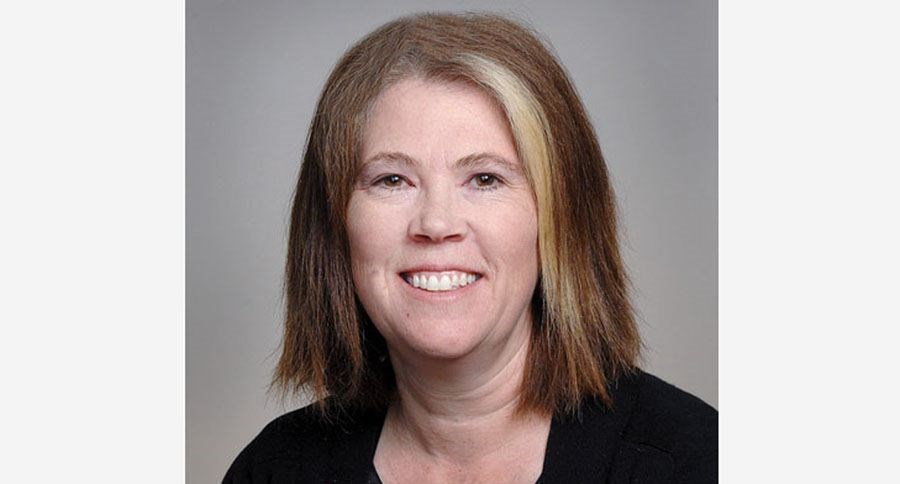Well, once again, we have awoken to a number of shootings in the United States. It's hard to know what to say and it is not because I don't have things to say it is because I have said them all before.
I opened up an old column from May of 2015 in which I described the odd sight of a major league baseball game being played in an empty stadium. It was a game between the Baltimore Orioles and the Chicago White Sox at Camden Yards. Outside in the streets of Baltimore there was civil unrest brought on by the shooting of Freddie Gray.
I cited the text book definition of "authority" and I explained that there is an important "tacit" (that is to say unspoken) agreement that we make in civil society to obey authority. We do this because it generally works better for everyone if we follow accepted norms and behaviours and allow the "authorities" to deal with those who break the rules. But, in this tacit agreement there must be a deep trust that develops that allows us to give up a bit of our liberty in order to obey the authority. The point I was making in the article is that, in America, in many communities the trust is all but gone. Fast forward to July 2016 and here we are again with the open wounds of distrust and failed authority.
Trust is civil society's most precious commodity. It is earned and not given and it comes out of an open dialogue about how we should live together.
Last week, I wrote about Canada's capacity to embrace diversity. My point then was to say that when a state takes on the role of educating its citizens about diversity, there is a much better chance that individuals will develop trust. I am not so nave as to suggest that there is no racism in society but laying the groundwork for respect and trust can be a crucial role of the state.
Unlike other countries, we put the principle of multiculturalism into our constitution and then policies, practices and laws could be derived from this principled approach to diversity.
And every little contribution to the conversation about how we should live together supports the development of trust in civil society.
Some of you may have heard that one of our community theatre groups, Pocket Theatre, went to Chilliwack this week to participate in a provincial theatre competition. For full disclosure, I should tell you that I co-produced the Prince George production with my friend Allison Haley but whether I was involved or not, I still would say that there are two reasons why this play and the trip to Chilliwack is significant in terms of the point that I am making.
First, in the play entitled Vanya, Sonia, Masha and Spike by Christopher Durang, one of the characters, Vanya, is given a monologue in which he laments the loss of a shared national experience. At first it seems that the things that Vanya "misses" are trivial: the licking of postage stamps, the Howdy Doody show, the television sermons of Bishop Sheen who "spoke common sense" but the point he makes is that, trivial or not, they were shared experiences.
Vanya (and Durang) knows that it was not an ideal period in history and he exposes some of the ugliness of the 1950s but the point is that there could be a national dialogue because there was something that people shared. Vanya points to the divisions in society that now seem so stark that there is no foundation for a shared conversation - and it is in the shared conversations that things can be made better.
My second point is that the arts play a critical role in giving us a space in which to have those conversations. Even in the moments when the images or words are disturbing, the arts give us the chance to face our collective fears and to find our collective humanity.
I can't help but add a thank you to Prince George City Council that voted to help out the actors get to Chilliwack if Pocket Theatre's own fundraising missed its goal. Every time a city council votes in favour of the arts, they are voting in favour of the possibility of a shared conversation.



